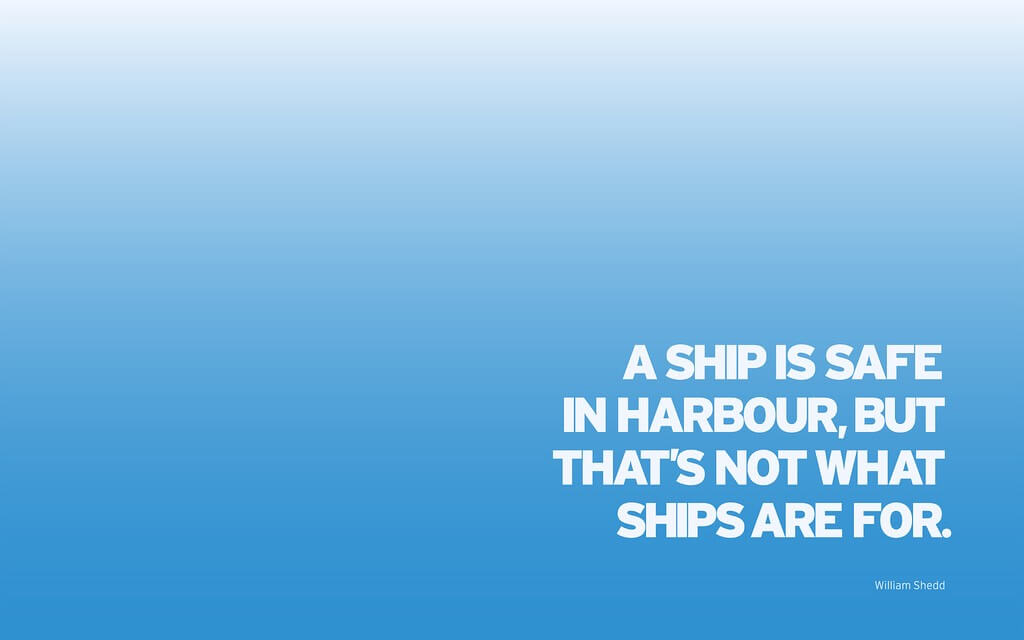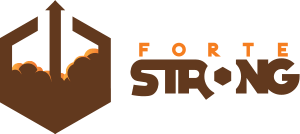 In this day and age parents often find themselves at a total loss as to how to help their son achieve independence. In fact most Americans today measure independence in terms of financial security. Let us begin this discussion of achieving independence by clearly defining what it means to be ‘independent’. Is independence about owning or having things like a job, a car and money or does it represent specific steps toward adulthood like moving out of the house and paying bills? Though both of the above mentioned items are associated with independence, by no means does it define it. Over the years it has become increasingly more apparent to me that this sacred word is beginning to lose its true meaning and as a result its inherent value has been greatly diminished. I believe this epidemic of young Americans who are choosing to move back home to escape the woes of life will only worsen as society slips further and further away from the true meaning of independence. More and more frequently ‘independence’ is seen as an achievement or a milestone rather than what it truly represents… skill.
In this day and age parents often find themselves at a total loss as to how to help their son achieve independence. In fact most Americans today measure independence in terms of financial security. Let us begin this discussion of achieving independence by clearly defining what it means to be ‘independent’. Is independence about owning or having things like a job, a car and money or does it represent specific steps toward adulthood like moving out of the house and paying bills? Though both of the above mentioned items are associated with independence, by no means does it define it. Over the years it has become increasingly more apparent to me that this sacred word is beginning to lose its true meaning and as a result its inherent value has been greatly diminished. I believe this epidemic of young Americans who are choosing to move back home to escape the woes of life will only worsen as society slips further and further away from the true meaning of independence. More and more frequently ‘independence’ is seen as an achievement or a milestone rather than what it truly represents… skill.
That’s correct, ‘independence’ at its core is a set of skills first and foremost. It’s in learning, applying and understanding these skills that we become more powerful and more capable of navigating through the storms of life that would otherwise blow us off course or sink us. The two most important and crucial skills of all are ‘problem-solving’ and ‘resiliency’. Being independent is more than dollar bills or even paying bills. It’s about being able to find a way when known exists (problem-solving) and having the ability to get back up after you get knocked down (resiliency). The sooner parents can begin to see independence for what it truly is (a set of skills) the faster parents can regain control of their situation, take appropriate action and help empower their son.
This deep shift in how our current culture views and perceives independence (moving out, attending college, being employed, paying bills, etc) has caused many parents to become confused as to what went wrong with their son. Parents begin to wonder how their son could have ever fallen off course so drastically when he seemed to show all the signs of an independent young man after moving out, attending school or finding a job only to return home a few months later.
As parents you are fully aware of what lies ahead for your children who are trying to find their place in life. We are fully aware of the curves, corners, ups, downs, zig-zags and the myriad of unknowns that are always present these days. What we are not aware of is that our children are not as prepared as we might think and are not yet ready to meet these problems, obstacles, set-backs, and threats head on because they don’t possess the skills to do so.  Instead these young adults retreat to the safe harbors of home, vowing never to venture out into the open ocean ever again. If your son has a job, has money, and can pay his own bills but doesn’t know how to adequately problem-solve or does not possess even a small measure of resiliency, then he is unprepared for the rigors of what lies ahead and therefore should not be considered as being independent. The above mentioned situation may depict an independent young man, but below the surface we begin to see the situation for what it really is, a dependent young man merely living an independent lifestyle.
Instead these young adults retreat to the safe harbors of home, vowing never to venture out into the open ocean ever again. If your son has a job, has money, and can pay his own bills but doesn’t know how to adequately problem-solve or does not possess even a small measure of resiliency, then he is unprepared for the rigors of what lies ahead and therefore should not be considered as being independent. The above mentioned situation may depict an independent young man, but below the surface we begin to see the situation for what it really is, a dependent young man merely living an independent lifestyle.
I hope this post has given you new perspective on what it means to be truly independent. In my next post we will explore 3 techniques you can use to help your son achieve independence. Tune in next week for Part 2 of our series 3 Ways to Help Your Son Achieve Independence or better yet, subscribe to our weekly posts to receive informative and relevant tips on how to help and empower your son to achieve independence.
About The Author
Brook Price dedicated himself to helping others early in his life. He grew up in Sunny Orange County California, then joined the Marine Corps at the age of 21 serving five and half years as a helicopter crew chief and then as chief accountant. His journey with this type of work began when he volunteered as a Young Marines Instructor during his time in the Marines, helping kids get off the street, improve their lives and develop as a leader. After his tour Brook left the Marines to pursue a career in experiential therapy by attending Southern Utah University where he majored in outdoor recreation with a minor in psychology.
Brook has seventeen years experience working for a variety of different therapeutic and transitional programs across the nation. His thirst for knowledge drove him to learn and study successful therapeutic models and programs across the country, most notably Outward Bound. Brook has experience working with therapeutic, residential, military, wilderness and transitional programs for adults and adolescents.
You can also find me on Google+

